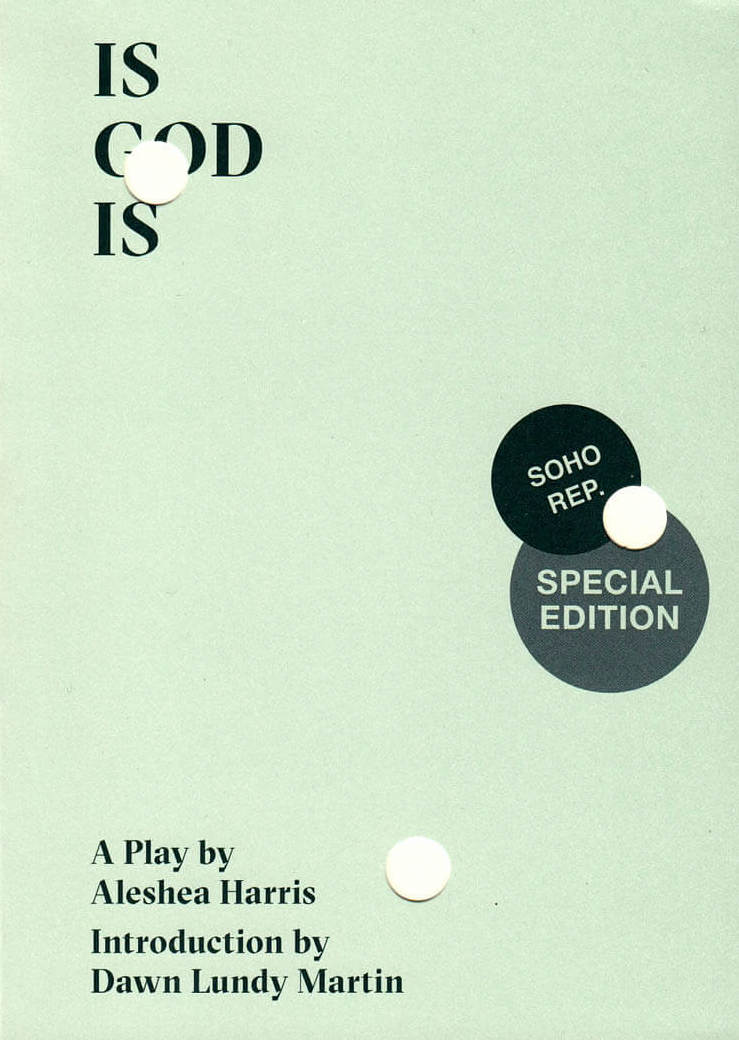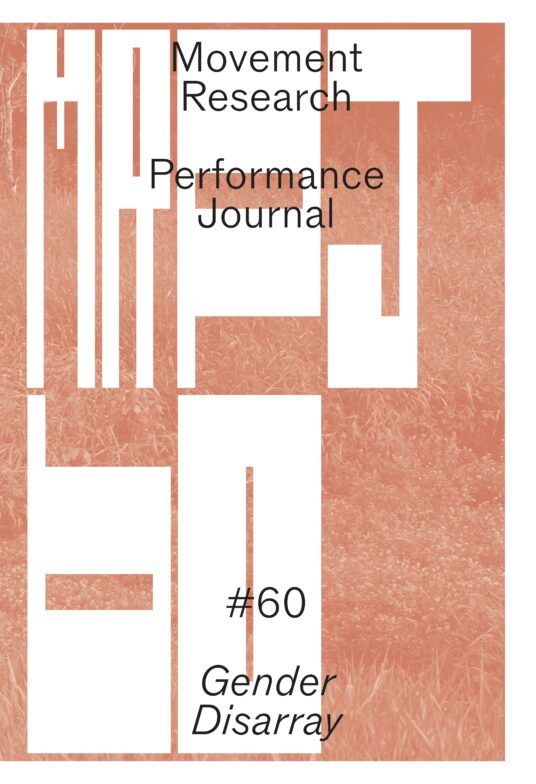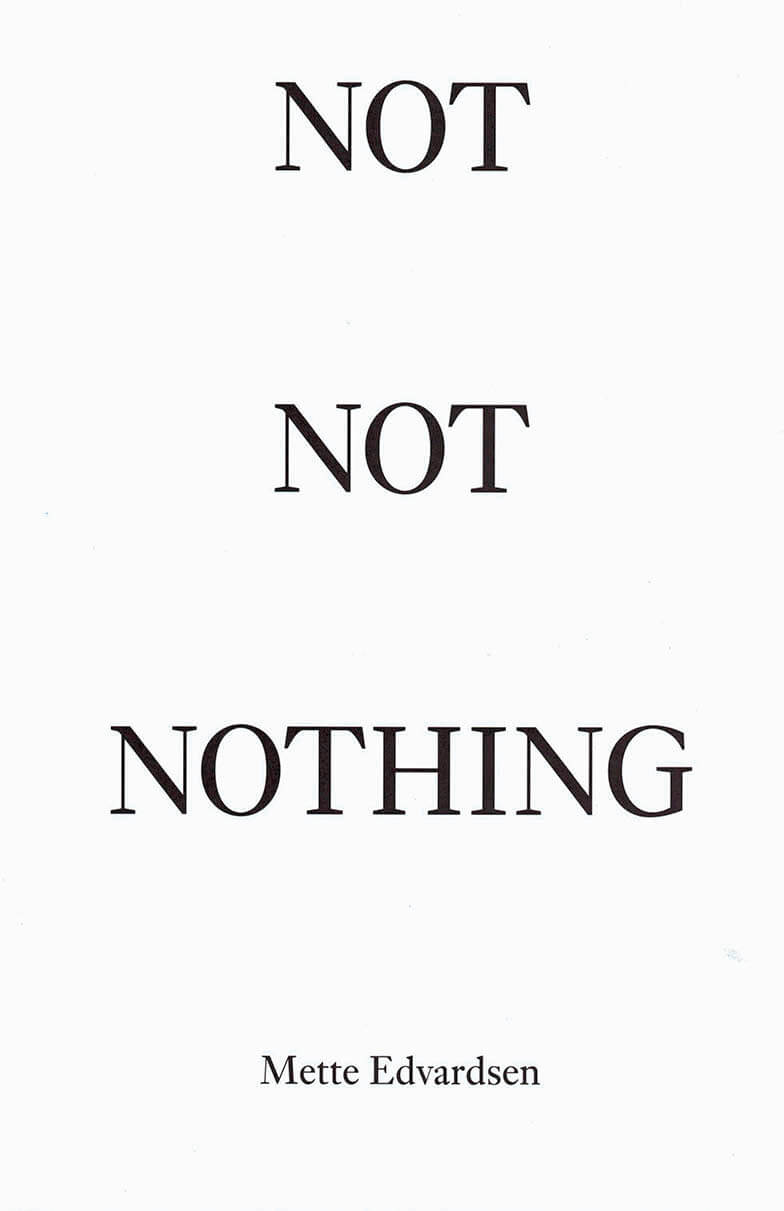
Is God Is
Blending epic tragedy, the Spaghetti Western, hip-hop and Afropunk, Is God Is is a revenge tale about twin sisters. In this award-winning work by playwright Aleshea Harris, emotions are laid bare through dialogue and visual gaps in language.
Aleshea Harris’s play Is God Is (Soho Rep) won the 2016 Relentless Award, an OBIE Award for playwriting in 2017, was a finalist for the Susan Smith Blackburn Prize and made The Kilroys’ List of “the most recommended and underproduced plays by trans and female authors of color” for 2017. What to Send Up When It Goes Down, a play-pageant-ritual response to anti-blackness, had its critically-acclaimed NYC premiere in 2018, was featured in the April 2019 issue of American Theatre Magazine and was nominated for a Drama Desk award.




